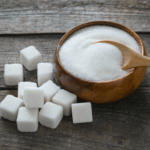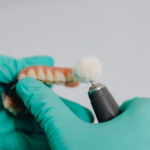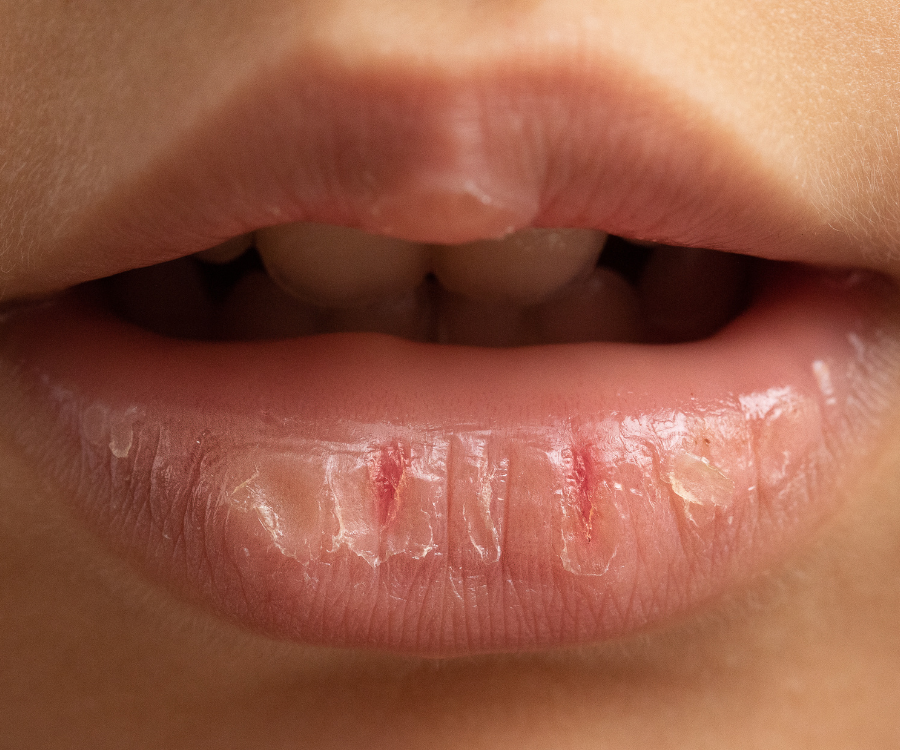Dry mouth, also known as xerostomia, is a common condition that can significantly impact your quality of life. It occurs when your salivary glands don’t produce enough saliva to keep your mouth moist. This can lead to a range of issues, including difficulty speaking, chewing, and swallowing.
What Causes Dry Mouth?
Dry mouth can be caused by a variety of factors, including:
- Medications: Many medications, particularly those used to treat anxiety, depression, high blood pressure, and allergies, can cause dry mouth as a side effect.
- Medical Conditions: Certain medical conditions, such as Sjogren’s syndrome, diabetes, and HIV/AIDS, can contribute to dry mouth.
- Aging: As we age, our salivary glands naturally produce less saliva.
- Lifestyle Factors: Habits like smoking, excessive alcohol consumption, and breathing through your mouth can also lead to dry mouth.
- Radiation Therapy: Radiation therapy to the head and neck area can damage the salivary glands, resulting in dry mouth.
Managing Dry Mouth
While there’s no cure for dry mouth, there are several effective strategies to manage it:
- Stay Hydrated: Drink plenty of water throughout the day. Avoid drinks that can worsen dry mouth, such as coffee, tea, and alcohol.
- Oral Hygiene: Brush your teeth twice a day with a fluoride toothpaste and floss daily. Consider using a soft-bristled toothbrush to avoid irritating your gums.
- Saliva Substitutes: Over-the-counter saliva substitutes can help relieve dry mouth symptoms. These products come in various forms, including sprays, gels, and lozenges.
- Sugar-Free Candy and Gum: Chewing sugar-free gum or sucking on sugar-free candies can stimulate saliva production.
- Avoid Irritants: Limit your intake of acidic foods and drinks, such as citrus fruits and carbonated beverages.
- Use a Humidifier: A humidifier can add moisture to the air, which can help alleviate dry mouth, especially during dry winter months.
- Consult Your Doctor: If dry mouth persists or significantly impacts your quality of life, consult your doctor. They may recommend additional treatments, such as prescription medications or medical devices.
By understanding the causes and implementing these management strategies, you can effectively alleviate the discomfort and inconvenience associated with dry mouth.








